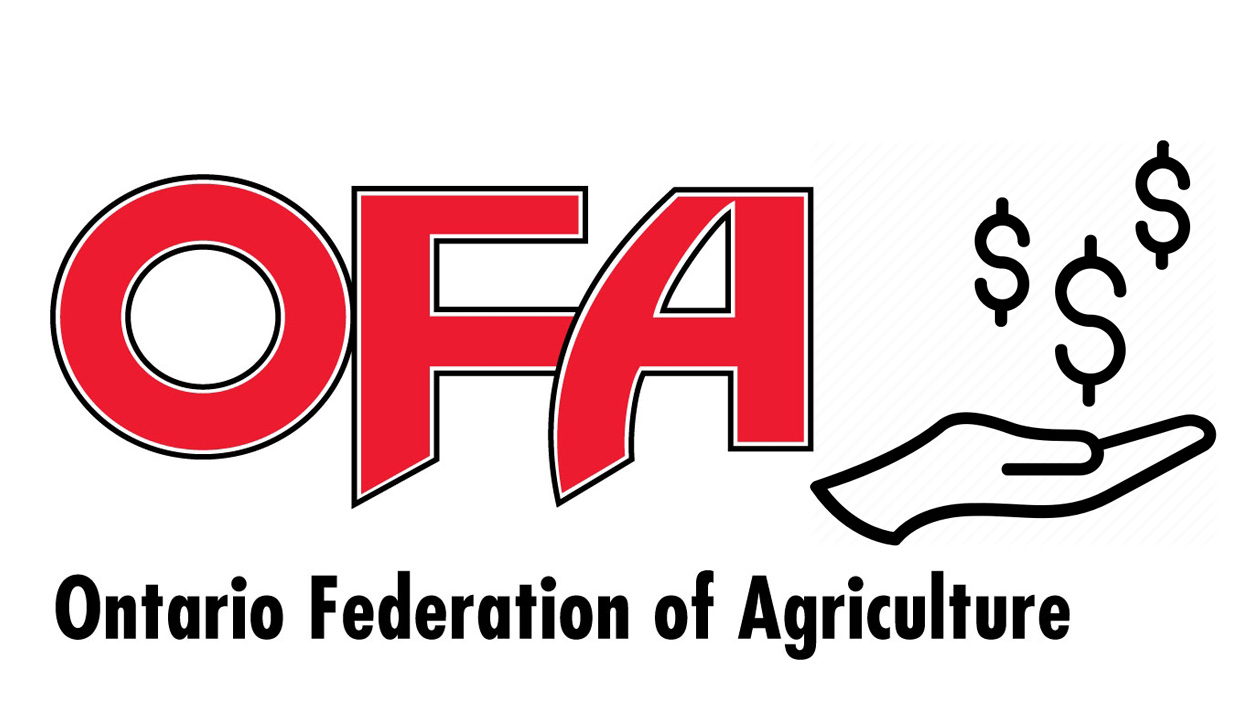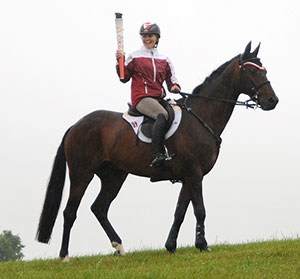In a scathing decision delivered by The Honourable Robert Armstrong, Q.C. of the Sport Dispute Resolution Centre of Canada (SDRCC), Equestrian Canada has been ordered to pay $35,000 towards Jessica Phoenix’s legal costs resulting from her appeal to be named to the 2016 Canadian Eventing Olympic team.
Earlier in the summer, The Honourable Armstrong found in favour of Phoenix that she should replace Kathryn Robinson and her horse Let It Bee on the Rio Olympic team. Of the original case, The Honourable Armstrong notes in the Costs Award that: “Suffice it so say, I found that the selection process was flawed for a number of reasons, not the least of which was when the team coach, Clayton Fredericks, told Ms. Phoenix that her refusal to run two of her horses at an event in Bromont would ruin her chances to make the Olympic team.”
The evidence submitted in the original case included testimony from both the owner of Pavarotti, Don Good, and Phoenix that coach Clayton Fredericks had made these threats which The Honourable Armstrong accepted over Fredericks’s denials.
Particularly damning of EC’s conduct is the fact that such cost awards are rarely awarded. The code that governs the provisions of financial reward notes that ordinarily each party will be responsible for their own expenses, except in exceptional circumstances. In his decision, the arbitrator quoted a decision from a 2007 case arbitrated by Richard Pound, Q.C., the former head of the World Anti Doping Agency, where he said, “There are cases in which sports organizations have acted in ways that have financially prejudiced athletes and in which it is appropriate that they assume some of the financial responsibility for those actions.”
EC’s lawyer argued against having to pay costs, arguing to The Honourable Armstrong, who had also heard the original case, that he had not made the correct decision in the first place. Their council also improperly introduce arguments and evidence not submitted in the original hearing, which is not permitted in cost award proceedings.
Phoenix’s lawyers argued that because of the highly inappropriate conduct of EC and Fredericks that the appropriate criteria had been met. They cited Fredericks threat of leaving her off the team, which was actually put into effect, and EC’s ineffective investigation into the seriously flawed selection process as proof that these were the exceptional circumstances that merited a cost award of $50,000.
The Honourable Armstrong agreed and concluded that, “In my view, the evidence in this case clearly establishes that this is an exceptional case. Ms. Phoenix and the Claimants were subject to a process, which could not withstand scrutiny. Persons in the position of Ms. Phoenix and the other Claimants must be subject to a process that has the objective appearance of fairness. This case manifestly did not have the appearance of fairness.” The judge did opt to reduce the amount awarded from the original request to $35,000 in view of the expectations of parties in a case such as this one.
More from Horse Sport:





